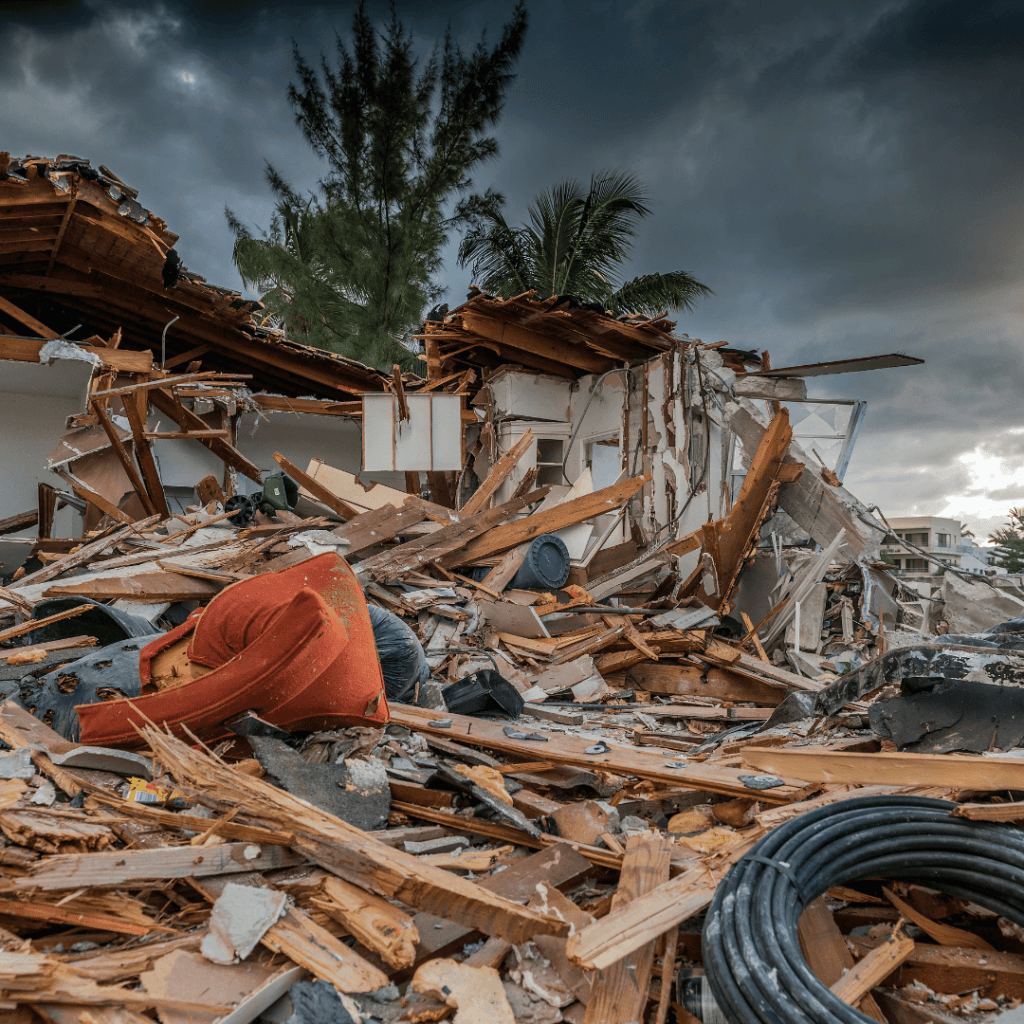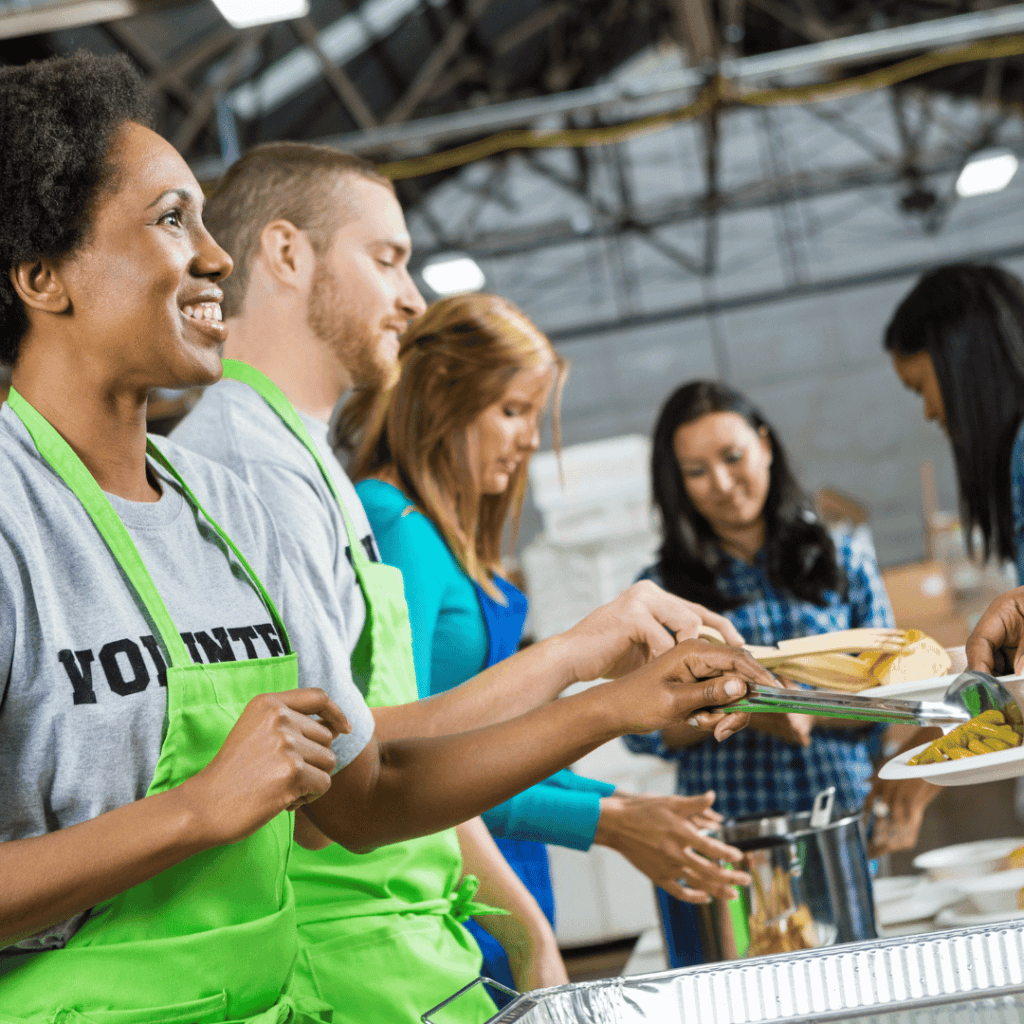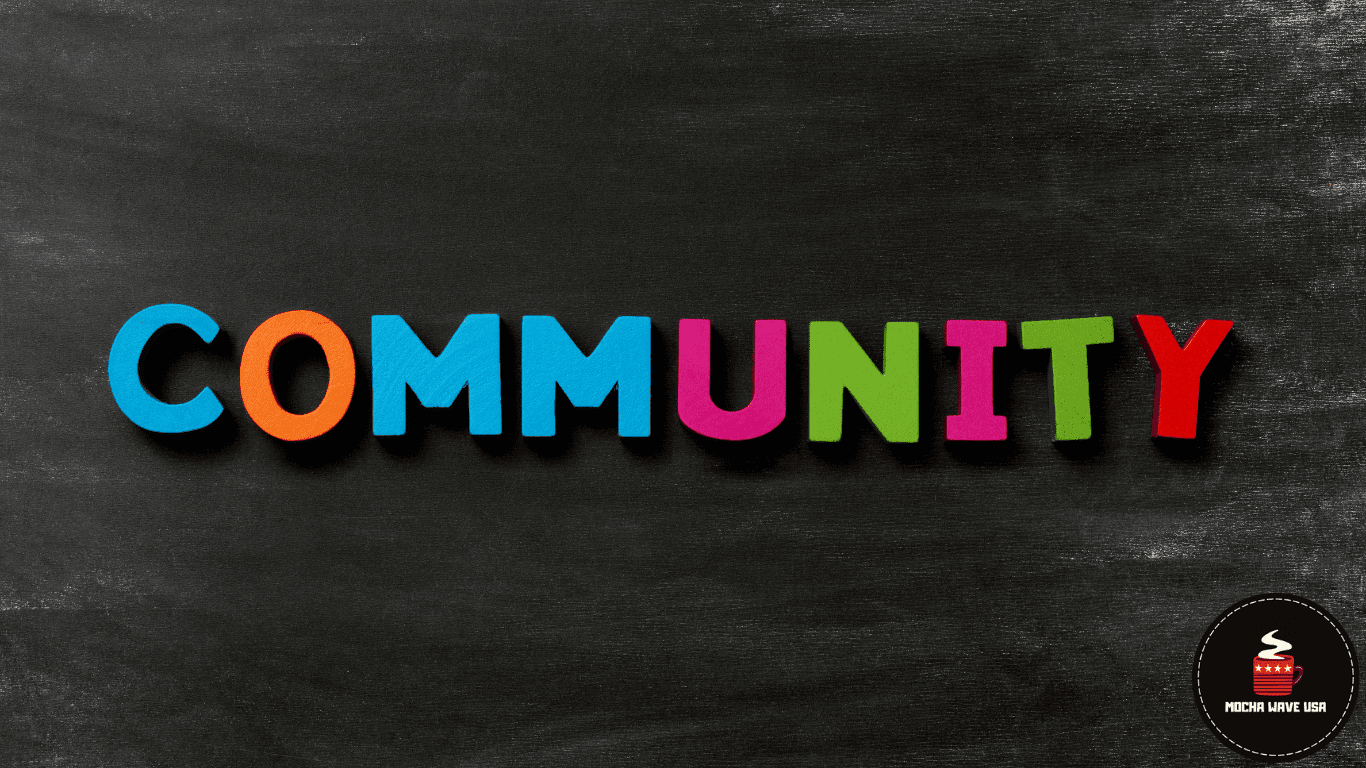Why Community is a Better Saviour than Governments in Today’s World
It’s a bird! It’s a plane! No, it’s a volunteer pilot from the Port City Aviators flying disaster relief supplies to hurricane-ravaged communities. Meanwhile, government agencies are busy debating whether it’s a “tropical storm” or a “weather anomaly” in bureaucratic language that needs an official stamp of approval before anyone can get a blanket. Welcome to 2024, where your friendly neighborhood pilot with a stash of canned beans is more likely to save you than a multi-billion-dollar government relief program.
In this new world order, the community is the unsung hero. Why? Because when you’re waist-deep in floodwater, what matters more: an emergency meeting by officials in air-conditioned rooms or Jeff from down the street showing up in his kayak with a couple of sandwiches? Spoiler alert: It’s Jeff.
Governments: Slow and Steady Wins (or Delays) the Race
Let’s be real—governments are like sloths in a 100-meter dash. Sure, they eventually get things done, but usually after a committee has formed another committee to discuss a proposal to form a subcommittee. They’ll arrive… eventually. By then, you’ve learned to fish using that IKEA bookcase you dismantled out of desperation.
Take Hurricane Helene, for example. Communities waited for the big G (government) to swoop in as the storm battered the East Coast. But lo and behold, the local Port City Aviators, a group of volunteer pilots, were flying in with supplies like real-life superheroes in propeller hats. There was no need for months of red tape, FEMA requests, or waiting for a memo—just a bunch of people getting it done. How revolutionary.

The People vs. The Paperwork
While government agencies are busy figuring out what form you need to fill out for assistance, communities are already out there handing you what you need. That’s the difference between bureaucracy and humanity: one demands a signature, and the other offers a sandwich.
Volunteer groups like the Port City Aviators know that time is of the essence. When a hurricane hits, no one stands around asking for credentials. Instead, it’s about who has a boat, who knows CPR, and who is willing to risk life and limb to make sure no one goes without toilet paper. Yes, folks, we’ve reached a point where toilet paper is a currency for survival.
The Red Tape Tango
Government agencies often find themselves tangled in “The Red Tape Tango.” They’ll need a report on why a tree fell, a task force to analyze the wind speeds that caused it to fall, and approval to send someone out to clean it up—possibly after the leaves have fossilized. By then, your local community has already repurposed that fallen tree into firewood, built a makeshift shelter, and maybe even started a YouTube channel about it.
Case in point: The Federal Emergency Management Agency (FEMA) is notorious for its slow-moving processes. By the time FEMA gets clearance to distribute aid, local communities, driven by nothing but the need to survive, have already started rebuilding. They don’t wait for approval from “higher-ups” because, let’s face it, when your living room is now a wading pool, you don’t have time to wait for government paperwork to process.
Jeff and His Sandwiches: The Real MVPs
It’s not just disasters either—let’s talk about healthcare. While governments debate universal health coverage like an impossible riddle, community health initiatives are everywhere. Did volunteers run that local clinic? The soup kitchen that’s become a lifeline for families? These are the things saving people’s lives right now.
Governments make grand promises, but communities keep people fed, clothed, and somewhat sane. When disaster strikes, people turn to those they know—their neighbors, their friends, the Jeffs of the world—not the bureaucrats sitting in their ivory towers drafting a ten-point response plan.

Communities: No Red Tape, Just Action
So why are communities better at this “saving the day” thing? Let’s break it down:
Speed: Communities act immediately. No budget approval, no endless forms. Just action. When you’re hit by a natural disaster or some other crisis, time is everything. Local volunteers understand that, like those pilots flying relief into hard-hit areas.
Personal: Communities know who needs help the most. They see that elderly lady on the corner who can’t shovel snow or the family down the block whose roof caved in. Governments? Well, they’re busy figuring out the coordinates of where precisely that neighborhood is.
Adaptability: Governments have a one-size-fits-all approach. Communities? They know how to MacGyver through anything—got a flooded basement? The local dad already has duct tape and a wrench on it.
No Grandstanding: Unlike governments that often get tangled in their PR campaigns, communities are motivated by genuine compassion. You don’t see Jeff standing before a news camera, talking about his heroic sandwich delivery system. He’s too busy doing it.
Government: Good for Policy, Bad for Panic
Now, let’s not throw governments under the bus. They do have their place. Governments are great for big-picture stuff—setting up infrastructure, passing laws, and, you know, printing money. But when it comes to the immediate, tangible act of saving lives? That’s where they fall short.
In fairness, government programs do eventually kick in, and they’re essential for long-term recovery. But they’re not built for the spontaneous, chaotic nature of disasters. And they, indeed, aren’t built for human connection. Governments work on statistics, policies, and protocols. Communities work on the heart.
The Future is Local
So, what does the future hold? Well, with the increasing frequency of disasters (thanks to climate change!), it’s becoming clear that communities will have to continue stepping up. The good news is, they’re pretty darn good at it. Whether grassroots organizations tackle local food insecurity or impromptu rescue teams fly supplies into disaster zones, communities are proving they’re the real first responders.
In the end, maybe the question isn’t why communities are better saviors than governments but why we keep expecting governments to do a job they’re clearly not equipped to handle. Perhaps it’s time we officially hand over the keys to the Jeffs of the world. They’ve already got the sandwiches, after all.
Don’t wait for the government’s carefully crafted, well-intentioned, but tragically slow response the next time disaster strikes. Instead, look around you. Chances are, the community—your neighbors, local volunteers, and yes, even that pilot flying overhead with supplies—will be there first. They won’t have fancy titles or budgets, but they’ll have what you need: compassion, action, and maybe even a sandwich.
And remember, in today’s world, it’s the Jeffs, not the governments, who’ll get you through.
